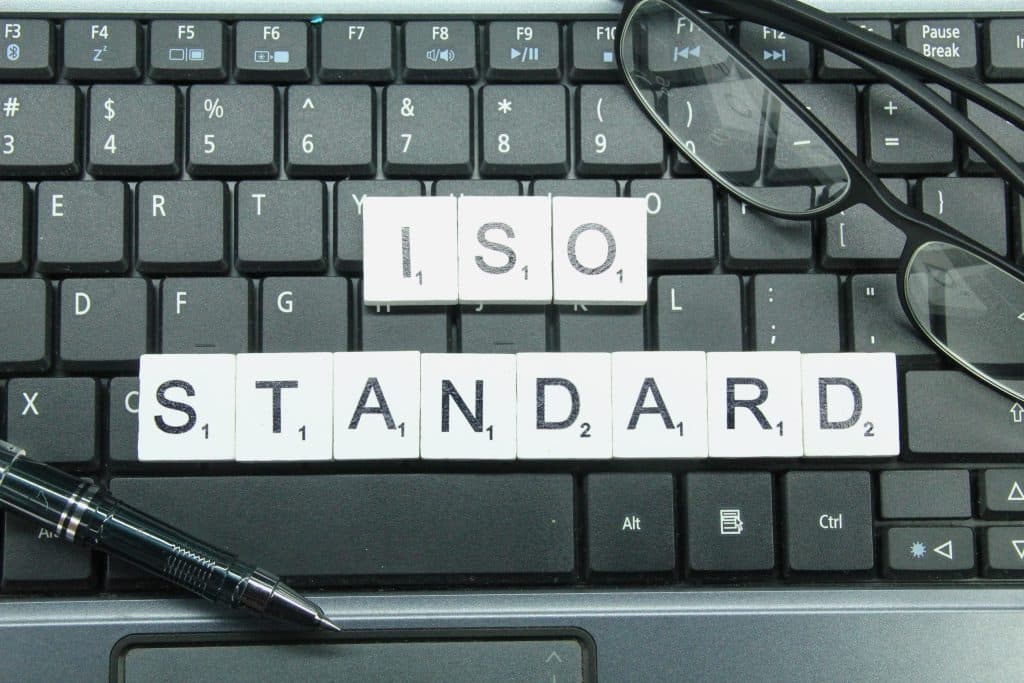ISO certification is a set of internationally recognized standards that define the requirements for quality management, environmental management, and other business processes. Companies that seek ISO certification must meet these standards and undergo a rigorous certification process to ensure that their operations meet international quality standards.
But who should get an ISO certification? Is it necessary for every business, regardless of size or industry? The answer depends on a number of factors.
Firstly, companies that provide goods or services to other businesses or the public should consider obtaining an ISO certification. Certification indicates that the company has established a quality management system that is capable of consistently meeting customer requirements and expectations. This can be particularly important in industries where quality is critical, such as manufacturing or healthcare.
Secondly, companies that have a significant impact on the environment should consider obtaining an ISO 14001 environmental management system certification. This certification demonstrates that the company has implemented an effective environmental management system that minimizes its environmental impact and complies with relevant environmental regulations. This can be particularly important for companies operating in industries such as oil and gas, mining, or transportation.
Thirdly, companies that operate in highly regulated industries should consider obtaining ISO certification. ISO standards are often used as a benchmark for regulatory compliance, and certification can help companies demonstrate their compliance with relevant regulations. For example, companies in the medical device or pharmaceutical industries may seek ISO 13485 certification, which specifies requirements for quality management systems for the design, development, production, and servicing of medical devices.
Finally, companies that seek to improve their internal processes and operations may benefit from obtaining an ISO certification. ISO certification requires companies to review their processes and identify areas for improvement, which can lead to increased efficiency and cost savings. In addition, certification can help companies improve their reputation and attract new customers who value quality and reliability.
However, it’s important to note that ISO certification is not necessary or appropriate for every business. For some small businesses or startups, the cost and effort required to obtain certification may outweigh the benefits. In addition, companies that operate in industries where ISO certification is not widely recognized or valued may not see a significant return on their investment.
Before deciding whether to pursue ISO certification, companies should carefully consider their goals and evaluate the potential benefits and costs. They should also seek guidance from an experienced ISO consultant or certification body to ensure that they understand the requirements and process for obtaining certification.
Conclusion
ISO certification can be a valuable tool for companies that seek to improve their operations, meet customer expectations, and demonstrate regulatory compliance. However, it is not necessary or appropriate for every business. Companies should carefully evaluate their goals and the potential benefits and costs before deciding whether to pursue ISO certification.

